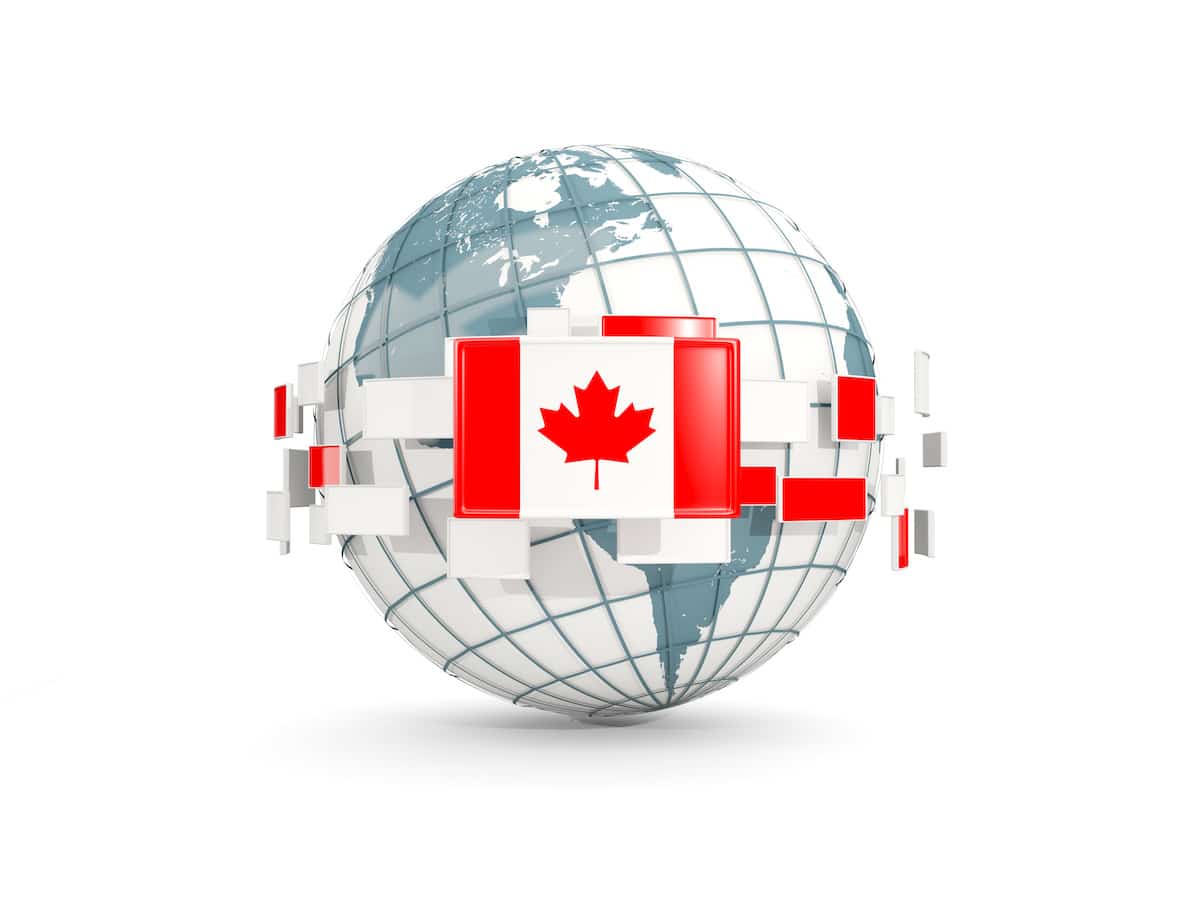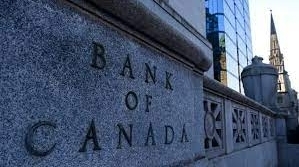Real Estate in Canada is regulated provincially, so this guide is tailored to foreign buyers buying in Toronto, and surrounding areas. The rules around foreigners buying real estate in Canada aren’t related to citizenship, so there’s no restriction on how much property or the type of property you can purchase. However, we have a foreign buyer’s tax on property brought by foreign buyers.
The Toronto Real Estate Market has seen strong price appreciation due to large consumer demand and favorable economic factors. The enduring confidence in our real estate market is underlined by our low-interest rates, low Canadian dollar, strong regional economy, and below-average unemployment rates. Which is why so many immigrants come searching for jobs in Toronto, and why so many foreign investors choose to invest in our real estate market.
This guide will touch on all the important facets whether you’re buying a home while you’re studying in Canada, or are looking for a new home, a second home, or are looking for an investment property.
Foreign Buyers‘Tax In The Greater Horseshoe Region
As of April 2017, we have a Non-Resident Speculation Tax (NRST). It adds 15% to the purchase price of all homes within the Greater Horseshoe purchased by foreign speculators. The tax is specifically targeted at foreign buyers who are looking to park their money in our market. Thankfully, immigrants, and anyone with a student visa or a work visa, are except the levy. There are rules to the exceptions though:
Does Investing In Canada Give Any Special Immigration Privileges?
Owning property in Canada does not give you any special immigration privileges. To see if you qualify to immigrate to Canada, check out the Government Of Canada; Immigration and Citizenship Website. Unless you have a work visa, student visa or permanent residence, you can only stay in Canada for 6 months or less at a time. Some visitors have “flag poled”, where they stay for 6 months, and then leave for a few days before coming back. This practice constitutes living in Canada, disguised as a visitor, and will eventually get you barred from the country.
What Type Of Property Can Foreigners Buy?
There are very few limits on the type of property foreign buyers can buy. Foreign buyers can purchase condos, detached homes, luxury homes, commercial properties, equestrian farms, vineyards and more.
Toronto Residential Taxes
In the GTA, we pay annual property taxes based on the assessed value of our home. It’s approximately 0.75%-1% of the assessed value of the home. In Ontario, there are no additional land taxes for foreign homeowners.
We do not have a Vacancy Tax in Ontario, like Vancouver’s Vacancy Tax.
Non-Residents Collecting Rent In Canada
If you’re a non-resident collecting rent on the property in Canada, your income is subject to a 25% withhold tax on the gross rent received. Your tax obligation can end here, but if you choose, you can file taxes with the CRA and have that amount reduced by your expenses. Claimable expenses include mortgage interest, property taxes, property maintenance, and repairs. To claim income on your rental property as a foreign owner, you must file an NR6 with the CRA. This must be approved by the CRA.
Is Financing Available For Foreign Buyers In Canada?
Yes, there is financing available for foreign buyers in Ontario. In lieu of a Canadian Income, the lender will ask for a larger downpayment. Typical downpayment requirements for Foreign Buyers are around 35% of the value of the home.
Thankfully, interest rates for Foreign Buyers are very similar to the low-interest rates available for Canadian Residents.
Where Do You Look For Toronto Real Estate?
In Ontario, brokerages and agents pool their listings in what we call the Multiple Listing System (MLS). All houses for sale are pooled into a shared database that all agents can view and show to their clients. If you’re looking to buy a house, you only need to work with one agent to access all listings. If you want to get started, the best website for public viewing is realtor.ca.
Before Placing An Offer
Prior to placing the offer, transfer the funds to a Canadian bank. Depending on the country of origin, it might take up to two weeks for your money to clear. Since the average listing sells in less than a fortnight, we recommend transferring your funds before you start your search.
Purchasing While Outside The Country
In today’s day and age, it’s easier than ever before to buy a home from overseas. Most homes have professional pictures and videos, and most have floorplans and measurements. With Facetime, Skype or WhatsApp, we can also virtually walk our clients through the home.
Although, nothing beats being in the country in person while purchasing.
To sign documents, we use DocuSign Electronic Signatures, which can be signed in person or from overseas.
To sign the mortgage documents and close on the home, you are required to either be in the country or have a power of attorney. The power of attorney can be done from overseas, but the original documents need to be couriered to a reputable law firm in Toronto.
Once The Offer Is Accepted
It’s common practice to present a non-negotiable cheque payable within 24 hours of an accepted offer. International clients can opt to do a wire transfer into the listing brokerage’s insured trust account. We also have insurance on our client’s deposit money, up to $100,000. This deposit is refunded if there are deficiencies found in the home inspection, or if you fail to obtain financing as per the clauses written into your contract.
Insurance
After purchasing a property, but prior to closing, you need to find insurance. It is a condition on the mortgage of your home.
What Does It Cost To Buy Property In Canada?
The closing costs of a home are between 2-4% of the purchase price. There are no additional levies or fees for international buyers, except the foreign buyer’s tax that applies to speculators.
The seller pays both the buyers and sellers’ realtor commissions. So hiring an agent to help you make your purchase will likely cost you nothing, but when it comes to selling you need to budget to pay for both the buyers and seller’s agent’s commission.
I have lived in Africa, Europe, and Middle East. Also have traveled all over North and South Asia. I am well diverse with extensive understanding of all backgrounds. If you are thinking of investing in Canada, please reach out.


